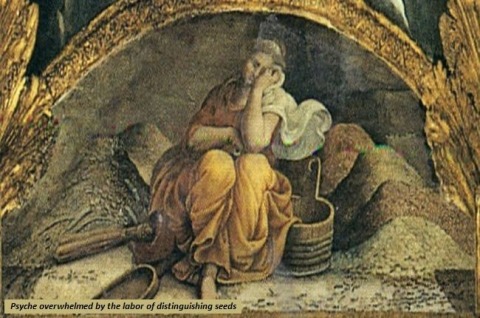
This question is from a doctoral candidate at the University of Maastricht, Netherlands.
Question:
I am fond of your blog and visit it frequently. Nevertheless, I write to you out of concern with your latest blog post. I think it unnecessarily condemns an action that is just and hence risks constituting an injustice. The state in which decent people find themselves in relation to abortion is akin to one of war (it is way past the line of civil disobedience). The rules of war have generally accepted all sorts of deceptions, and it would be strange to assume that these deceptions are lies. I do think that criminals don't have a right to the truth in certain contexts, but this can be disputed. Nevertheless, if this principle is disputed there is a much weaker principle in play, that one cannot lie when there is no reasonable expectation for truth. Deceptions in games and in war are not lies. And a person who ignores the nature of the situation has no one to blame for falling into deception.
In any case, I don't think it is worthwhile to pursue this sort of casuistry here. Although I have not read your work (beyond your blog) I think the appeals to what is "evident" and "written in the heart" are good ways to illuminate natural law thinking. If this is so, the justice of the actions taken is as clearly written in the heart as any other thing.
Reply:
Thank you; I’m glad you enjoy the blog. We agree that abortion is evil and we agree that it must be fought. After that, we differ. To borrow the words of M.L. King, I insist that the means we use must be as pure as the ends we seek; no one may use evil means to combat evil. You aren’t very clear here. For example, you do not quite say we may use evil means to combat evil. But you seem to say that if good results, then the means are not evil – which comes to the same thing. This is not natural law thinking; it is pure consequentialism.
But even setting aside the red herrings in your letter (for example, I did not argue that all deceptions are lies, or that all deceptions are unjust – quite the contrary), your letter presents several grave danger signals.
One is your scorn of necessary moral distinctions, which you call “casuistry” which is it not “worthwhile to pursue.” As soon as we get past the basics, such as “Do good and avoid evil,” morality is nothing but the drawing of necessary distinctions. I may have drawn them incorrectly, but you hardly make a case for that view by saying that they need not be drawn.
Another is your doctrine that we are at “war,” which is especially alarming considering the fact that you do not follow the doctrine of just war (which does make distinctions). If you did, you would know that war may be waged only by competent public authority, and that you are calling not for soldiers, but for vigilantes. If these vigilantes may lie to combat evil, what else may they do? May they burglarize? May they kidnap? May they commit arson? Would you say that arson by a vigilante is not arson, as you say that lying in what you call “war” is not war?
The final one is your distortion of the doctrine of the law “written on the heart,” which does not mean, as you think, that whatever in the heat of the moment you consider “evident” is really true.
But since you do challenge me in the name of the law written on the heart, let me call attention to one of the things I think we will find written there. Fiat justitia ruat caelum: “Let justice be done, though the heavens fall." If this is true, then we may not commit injustice for any reason. Even against injustice, we must use just means.
You don’t exactly deny the fiat. How could you? It is written on your heart too. But you treat it as meaning that to make sure justice is done, we may do whatever it takes – we may even commit injustice. To stop those who do evil, we may become just like them. Unfortunately, in this case, injustice has not been stopped at all. We have merely joined its perpetrators.
So it seems to me that you have illustrated the point with which I concluded yesterday’s post, when I wrote that there lies the edge of an abyss. This is why it is so important for both of us not to despair of the help of God.